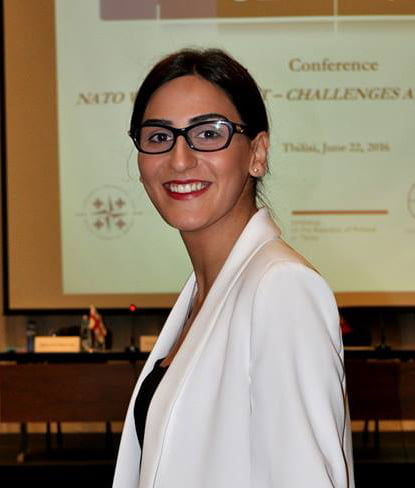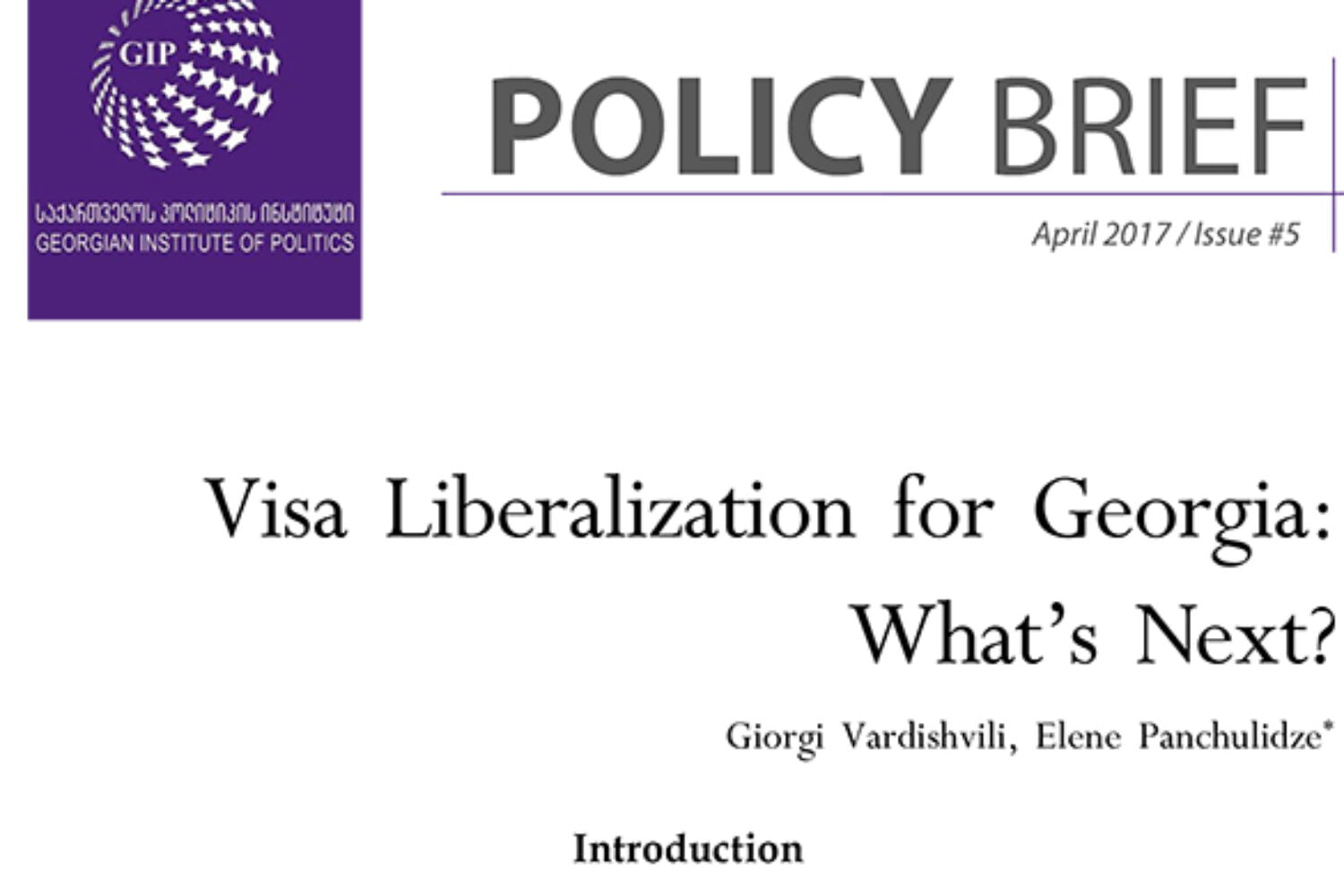2017-04-20 19:06:22
On March 28, 2017 the visa-free regime for Georgian citizens to the Schengen Area officially entered into force. This was another historic decision on the road to Georgia’s homecoming, its final integration in the European family. The visa regime liberalization is the fruit of a prolonged political process and chain of reforms, which were initiated back in June 2012 under the framework of EU-Georgia Visa Dialogue.
The launch of EU-Georgia negotiations on visa regime simplification was followed by the elaboration of the Visa Liberalization Action Plan (VLAP)[1], which the European Commission gave to the Government of Georgia on February 25, 2013. A framework document for legislative harmonization and sector policy reform, it set forth key directions and requirements for visa-free short-term visits to the Schengen Area for Georgian citizens with biometric passports.
An open door to the European family and the right of free movement is one of many benefits Georgian citizens receive as a result of EU-Georgia cooperation. This initiative is unique as it reaches every citizen, making this hard-earned achievement on Georgia’s European path very concrete and tangible.
This decision, which can appear to be a technical change, has political significance. It plays a crucial role in the process of Georgia fulfilling its declared foreign policy objectives. The unhindered movement of Georgian citizens in the free world means not only more ties and better opportunities to penetrate the European market, but also establishing and developing civic relations, which in a modern system of interdependency is a cornerstone for pursuing the foreign policy.
Georgia’s foreign policy ambitions go far beyond free travel on the European continent. As soon as visa liberalization officially entered into force, a new topic of interest emerged – the next phase of the EU-Georgian partnership. Both the local audience and Western partners are aware of Georgia’s intention to not stop at visa liberalization and to continue to work toward eventual EU membership. However, the nature of Georgia’s action plan for membership remains the subject of discussion: whether to pursue the policy under the existing cooperation framework or establish new formats and further instrumentalize them for ultimate approximation with membership goals.




